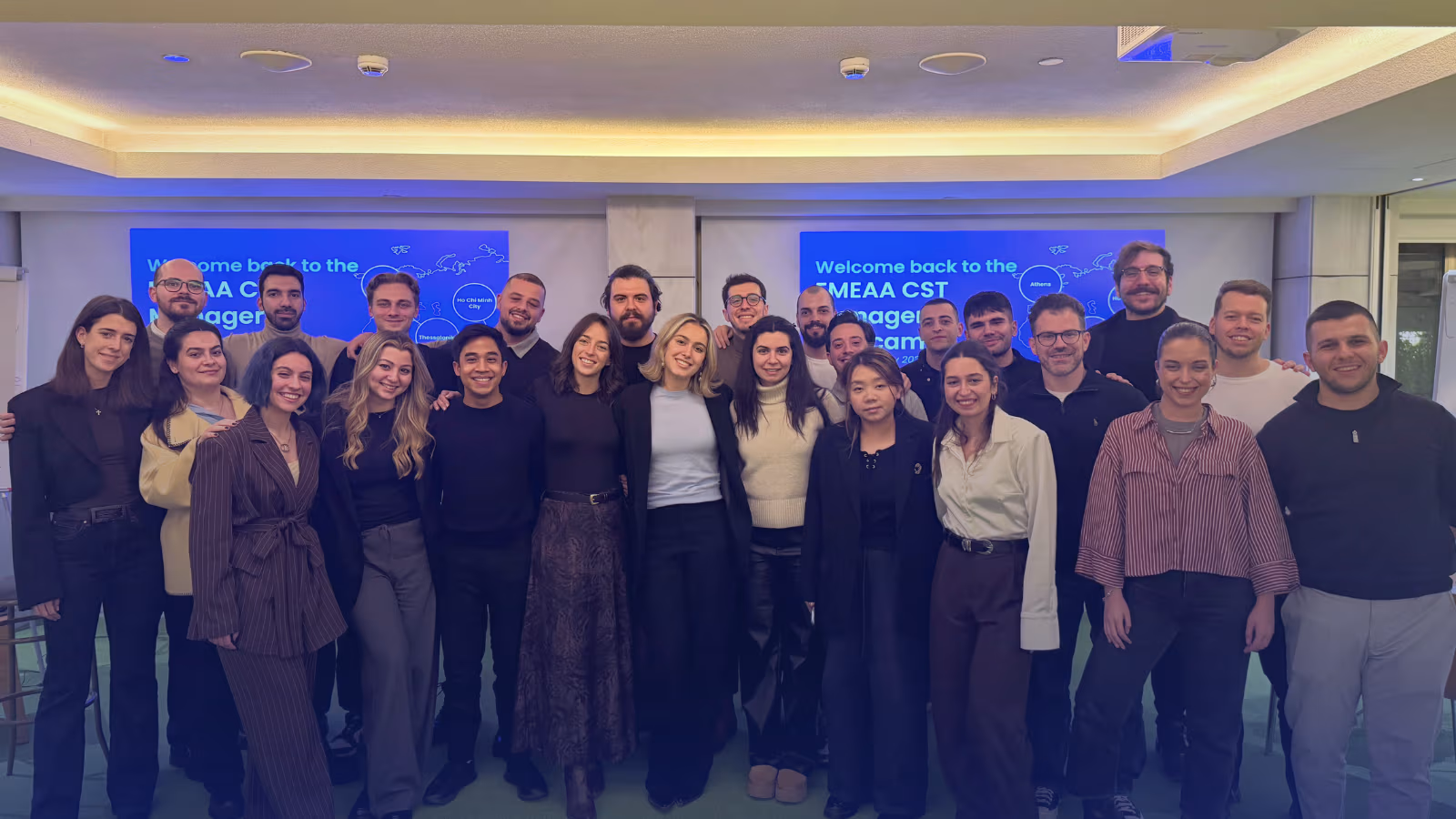Artificial Intelligence Reshaping Business Landscape: Dialectica Study Reveals Key Trends and Challenges

A new international study, conducted by Dialectica, the global information services firm celebrating its 10th anniversary this year and operating in three continents with an annual turnover exceeding 100 million euros, in collaboration with the E-Business Research Center (ELTRUN) of the Athens University of Economics and Business (AUEB), sheds light on the evolving role of Artificial Intelligence (AI) across all facets of business, with a particular focus on decision-making.
The study, titled "The Global AI Business Landscape," analyzed data from 1,594 large enterprises worldwide, across all major sectors, with turnovers ranging from over $100 million to several billions. Its conclusions offer invaluable insights into the current state and future of AI adoption.
Only 5% have achieved true transformative impact
An impressive 84% of businesses report already using some form of AI, a 20% increase since 2023. However, its integration into daily business operations remains largely superficial. While most companies utilize tools like chatbots, Generative AI, and data analytics, only 5% have achieved true transformative impact. This highlights a significant gap between AI adoption and its potential for substantial improvements in productivity, performance, or business structure.
Only 1 in 8 businesses have successfully automated operations using GenAI
Despite high expectations for automation through Generative AI, only 1 in 8 businesses have successfully automated operations using this technology. Nevertheless, it is estimated that by 2026, 25% of companies will automate over 30% of their activities through AI, leading to organizational adaptability, strategic focus, and executive capability for AI to undertake integrated and critical corporate processes.
GenAI takes the lead in Education, and more prevalent in Advertising
The Global AI Business Landscape survey highlights that AI adoption varies significantly across industries, reflecting unique challenges and strategic goals. Generative AI shows high usage in Education (85%) and Advertising (87%), while data analysis and prediction technologies are more prevalent in Advertising (87%), Telecommunications (70%), Transportation, and Insurance (68%).
External AI solutions account for 64% of investments, with ChatGPT and Microsoft's Copilot being the most used
A crucial finding indicates the companies that have deeply integrated AI into their core strategy, stand out by developing proprietary AI solutions. While proprietary solutions are gaining traction for future investments (36% focusing on internal solutions in the next 1-3 years), readily available external solutions still account for 64% of planned investments. It is worth noting that widely used external products include ChatGPT (68%) and Microsoft Copilot (62%).
AI adoption: Key challenges along the way
AI integration is not without hurdles. According to Dialectica, challenges include a lack of specialized personnel, data protection concerns, regulatory requirements, high funding needs, and fear among employees who perceive AI as a rival. Businesses with strong execution capabilities, organizational flexibility, and a clear vision are significantly more likely to effectively leverage AI.
The study was guided by Professor George Doukidis of the Athens University of Economics and Business and Dr. Timoleon Farmakis, Principal Researcher in Artificial Intelligence and Digital Transformation at the E-Business Research Center. The research was conducted using Dialectica's specialized B2B Surveys product, which combines expert-sourced insights with the methodological precision of quantitative research, providing a unique in-depth perspective.
Through this hybrid approach, Dialectica empowers its clients to make informed decisions based on truly valuable insights, ultimately shaping the business future by bridging critical questions with those who possess the most up-to-date and valid answers.
You can access the full report here.
-p-1600.avif)










.avif)
.png)









-01.avif)


